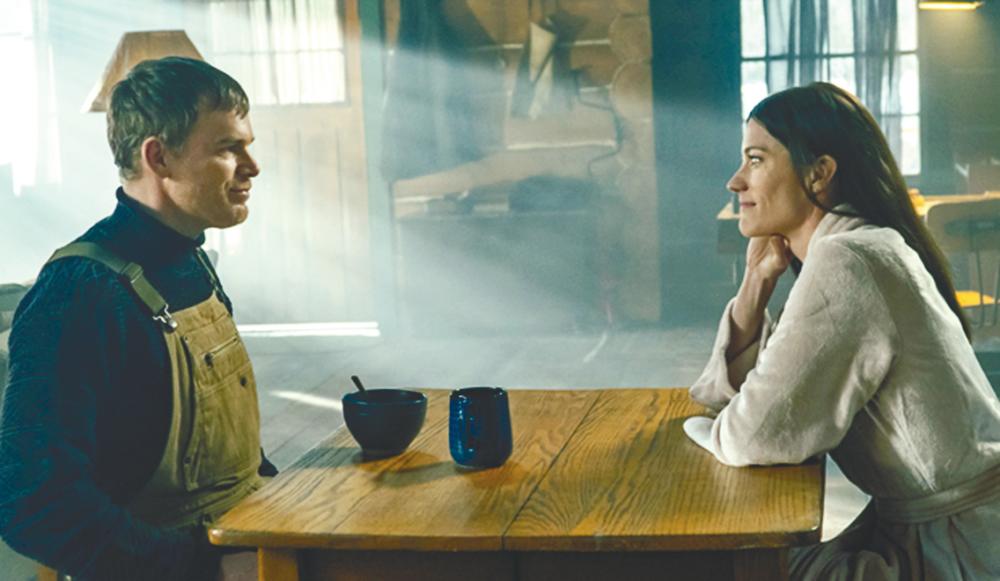EIGHT years ago, Dexter Morgan performed an act of euthanasia on his brain dead sister by drowning her, before driving his boat into a hurricane in an attempt to end his life. Somehow surviving, the serial killer assumed the identity of a lumberjack in Oregon in a post-credits scene.
That series finale tied up eight years of Dexter on television, and it was the most maligned ending fans of any television series had seen. This was made especially worse because a week after Dexter’s finale premiered, the series finale for Breaking Bad premiered.
The latter was universally acclaimed and set the standard for how to end a television series, and it was a shadow that the showrunners of Dexter have had to live under.

On Nov 7 last year, Dexter: New Blood premiered. Picking up eight years after the ending of Dexter’s eighth season, New Blood ran for ten episodes, as the showrunners and cast sought to provide the series and titular character, Dexter (Michael C. Hall) a proper ending.
During the first episode, I admit I didn’t remember much about the previous eight seasons despite religiously watching each episode throughout my college years. But just like how Hall comfortably slipped back into his old ways of killing bad men ritualistically, the memories came crawling back with ease.
Actress Jennifer Carpenter also returns as Debra Morgan. Once a morally upright detective and sister, Debra – now dead – forms a part of Dexter’s subconscious, a spectre only he sees, both as a reminder of his actions that led to her death and as a guiding compass to make sure he doesn’t go back to his old, bloody ways.

It’s great watching Hall and Carpenter return to the roles that made them stars, and the series itself carries itself well for most of the episodes, as the story revolves around Dexter’s “Dark Passenger” – what Dexter calls the murderous urges he has – returning after eight years of suppression, and how the sudden appearance of his son Harrison (Jack Alcott) throws his entire life into a new light: fatherhood.
New Blood’s main villain, a mysterious figure that abducts lone women is equally well-written and played. The character’s motivation and life ties perfectly into New Blood’s exploration of familial bonds and men that inherit “evil” from their fathers, and the cyclical nature of it all.
For nine episodes and half of the tenth episode, New Blood proves itself as a great addition to the Dexter lore and a proper extension to the horrid previous series finale, but at the end of the new season, history repeats itself.
The ending, telegraphed and predictable, doesn’t earn its final moments. However, seen half glass full, New Blood nonetheless provides a finality and send-off for Dexter that the previous series finale never delivered. Any closure for Dexter, as unearned as it may be, is still better than him driving off into a CGI hurricane conjured on a television budget.









